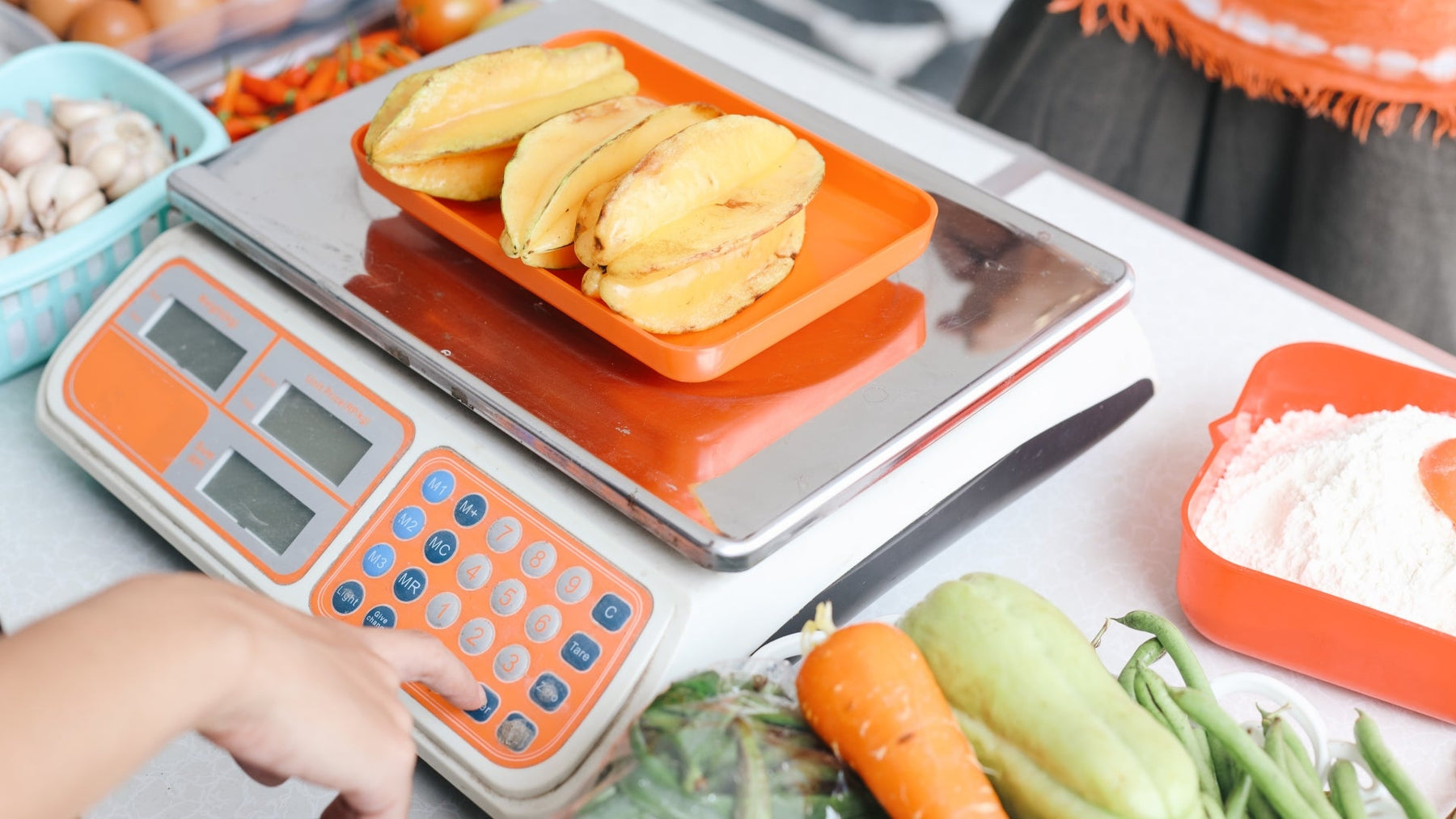
Are Digital Scales Reliable in Daily Life Use?
In a world where precision matters more than ever—whether you’re tracking your weight, measuring ingredients for a recipe, or using sensitive equipment in a laboratory—digital scales have become an essential tool. But with so many models, brands, and varying results from day to day, many users are left wondering: Are digital scales reliable in daily life use?
In this blog, we’ll explore what affects the accuracy of digital scales, how to ensure digital scale reliability, and what you can do to get the most accurate readings in everyday scenarios. Let’s dig in.
Digital Scales: How They Work
Digital scales operate by using electronic sensors—typically strain gauge load cells—that convert weight into an electrical signal. This signal is then processed and displayed as a numerical value on the screen. Unlike analog scales that rely on springs and mechanical levers, digital models offer higher precision and consistency when used correctly.
Digital weighing technology has revolutionized industries like healthcare, fitness, cooking, shipping, and scientific research, but like any piece of equipment, it’s not immune to performance issues if not used properly.
What Affects the Accuracy of Digital Scales?
Before we answer the question of digital scale reliability, we must understand the factors that can compromise or enhance performance.
1. Surface and Placement
Digital scales must be placed on a flat, hard, and stable surface. Uneven or soft surfaces—like carpets or rugs—can cause inaccurate readings. A tilted or unbalanced placement can throw off the sensors and affect the output.
2. Environmental Conditions
Temperature, humidity, and even vibration can influence the accuracy of digital scales. Extreme temperatures may cause the sensors to expand or contract slightly, affecting measurements.
3. Calibration
Regular calibration is essential for maintaining digital weighing precision. Many models come with an auto-calibration function, but this doesn't replace the need for manual calibration using known weights, especially in professional or scientific settings.
4. Battery Level
A low battery can lead to inconsistent readings or display errors. It's always best to keep your device fully charged or replace the batteries regularly.
5. User Consistency
Believe it or not, your habits can also affect reliability. Weighing yourself at different times of day, with different clothing, or even on different parts of the scale can cause slight variances.
Are Digital Scales Reliable Over Time?
Generally, digital scales are highly reliable when well-maintained. High-quality models can retain their accuracy over several years, particularly if they are calibrated regularly and used under consistent conditions.
However, cheaper models or scales with plastic construction and fewer internal sensors may lose accuracy faster. Wear and tear, dust buildups, and internal damage from drops or moisture can also reduce lifespan and reliability.
Signs Your Scale May Be Losing Accuracy:
-
Noticeable fluctuations with no clear reason
-
Repeated readings that don’t match
-
Displaying weight before you’re fully on the scale
-
Drifting values that change while standing still
If any of these occur frequently, it may be time to recalibrate—or replace—your scale.
How Reliable Are Digital Scales?
Let’s take a look at how digital scales reliability holds up in everyday applications:
1. Personal Health and Fitness
For tracking weight loss or fitness progress, digital scales offer consistent tracking as long as measurements are taken under similar conditions each time (same time of day, same clothing, etc.). Advanced models even offer body composition analysis, though those readings can be affected by hydration and other variables.
✅ Verdict: Reliable for trends and general tracking.
2. Cooking and Baking
In the kitchen, accuracy of digital scales is critical for baking, where measurements can make or break a recipe. Most digital kitchen scales are accurate to within 1 gram or less, making them highly dependable for home and professional chefs.
✅ Verdict: Highly dependable when placed on a stable, dry, and level surface.
3. Shipping and Packaging
For e-commerce businesses and logistics, weight accuracy is key to calculating costs. In this field, digital weighing scales are used usually certified and regularly calibrated for commercial use.
✅ Verdict: Highly reliable, especially with industrial-grade equipment.
4. Scientific and Laboratory Work
Here, digital scales must meet rigorous accuracy standards, often to 0.01g or even smaller. Lab-grade digital balances are built for this purpose, but they also require precise calibration, controlled environments, and regular maintenance.
✅ Verdict: Extremely reliable—but must be maintained precisely.
5. Jewelry and Precious Metals
For valuing gold, gemstones, or other high-value materials, digital pocket or jewelry scales are used. These offer micro-precision and, again, need to be regularly calibrated.
✅ Verdict: Reliable for fine measurements, but requires careful handling.
Tips to Improve Digital Scale Accuracy
Want to get the most out of your scale? Here are some best practices:
-
Place it correctly: Use a flat, level, hard surface.
-
Calibrate often: Use known weights to recalibrate, especially if used frequently.
-
Keep it clean: Dust and debris can affect the sensors.
-
Weigh at the same time: For consistency, especially with body weight.
-
Avoid moisture: Keep the scale dry to protect internal electronics.
Conclusion
Yes, digital scales are reliable—when used and maintained properly. Their precision, ease of use, and advanced features make them a dependable tool across a wide range of personal and professional applications.
However, digital scales reliability depends on multiple factors: surface stability, calibration, environmental conditions, and how consistently you use them. Investing in a quality product and following best practices can ensure your digital weighing experience remains accurate and dependable for years to come.
So next time you step on the scale or measure out flour for a recipe, you can feel confident in your equipment—because when used right, digital scales absolutely deliver.
Need help finding the right digital scale? Explore our expert reviews and top-rated models [here].

